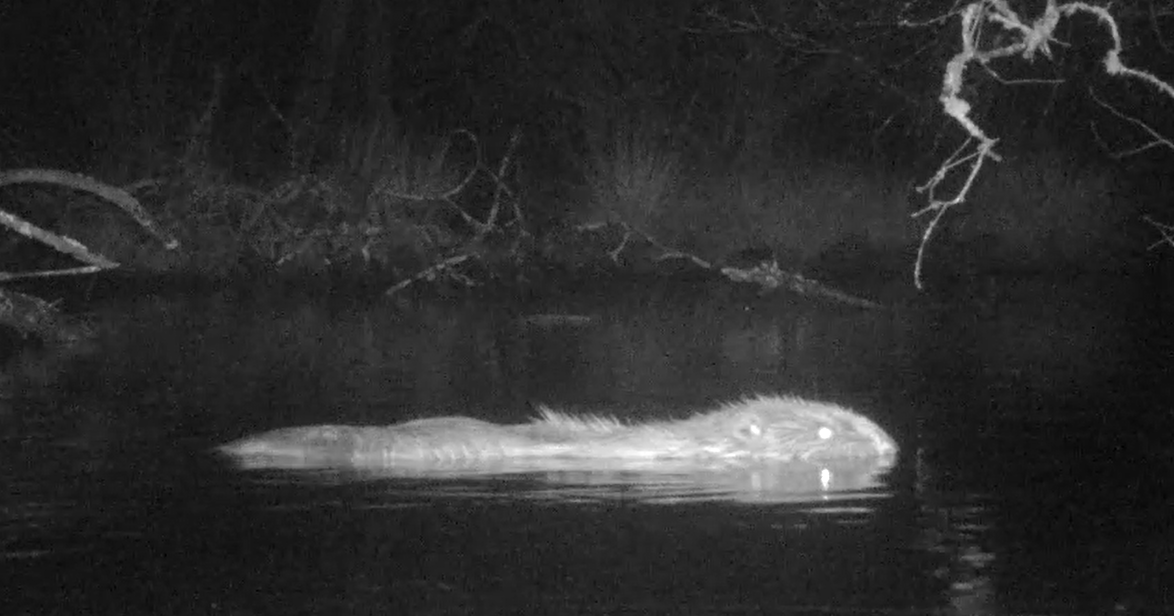Exploring Woodland Valley Farm: A Hands-On Animal Behaviour Experience
Second year Animal Behaviour student Kiera tells us about her recent trip to Cornwall with fellow Animal Behaviour and Zoology students.

Hi, my name is Kiera, I’m in my second year at Chester studying BSc Animal Behaviour. I am incredibly passionate about this, as animals have always been something I love! Therefore, choosing a university that catered to exactly what I wanted to get out of my education and further career was so important; this degree lets me learn both inside and outside the classroom.
Recently, I had the amazing opportunity to visit Woodland Valley Farm alongside my fellow Animal Behaviour and Zoology students. This trip was an incredible chance to step outside the classroom and apply our learning to real-world settings.
Where we went
Woodland Valley Farm is a beautiful location in Cornwall known for its focus on sustainable farming and conservation. It is best known for being the site of the Cornish Beaver Project. It was fascinating to see how the family-run farm balances sustainable agriculture with wildlife conservation.
We also went to visit rewilding projects that restore natural habitats and support local wildlife. It was the perfect place to study British wildlife behaviour in a practical and comfortable setting.
What we learnt
Our time on the farm was packed with hands-on experiences that brought our studies to life! We took part in a range of activities, including…
- Beaver habitat surveys: We explored the area where beavers had been reintroduced and saw how they modified the environment by building dams.
- Small mammal trapping: We learnt how to efficiently set up both the Ugglan and Longworth traps and what to do when capturing an animal. We got to have a hands-on experience with safely processing and releasing the animals.
- Camera traps: We searched for signs of animal activity and learnt how to set up and test camera traps to help understand their behaviour in a natural setting.
- Bat and moth detection surveys: Although we did not record anything it was still exciting to learn how to detect bats and moths with specialised equipment.
- Kick sampling: This was a fun experience involving waders and nets. This was used to test the pollutants in the water through captured invertebrates.
It wasn’t all work, though, as we went to a rewilding project that allowed us to build an artificial osprey nest, and we visited the coast where we saw seals.
Coolest animal sighting!
One of the highlights of the trip was that after all the early mornings in the dark and cold, we spotted a beaver! And even got camera trap footage of a swimming beaver. This was particularly exciting as they had been reintroduced to the area. Observing them in their natural habitat and seeing the positive effect they have had on the ecosystem was an incredible experience. Beavers play a key role in shaping their environments, creating wetlands that benefit many other species.
How this helps for Animal Behaviour
This trip reinforced how important fieldwork skills are for studying animals. It gave us a deeper understanding of how animals interact with their environment and our role in wildlife conservation and research.
Overall, this trip was a fantastic experience and a way to see our studies come to life and appreciate British wildlife.
Want to find out more?
Visit our website to find out more about our Animal Behaviour BSc and Zoology BSc degrees, or to find out about opportunities to visit us.
